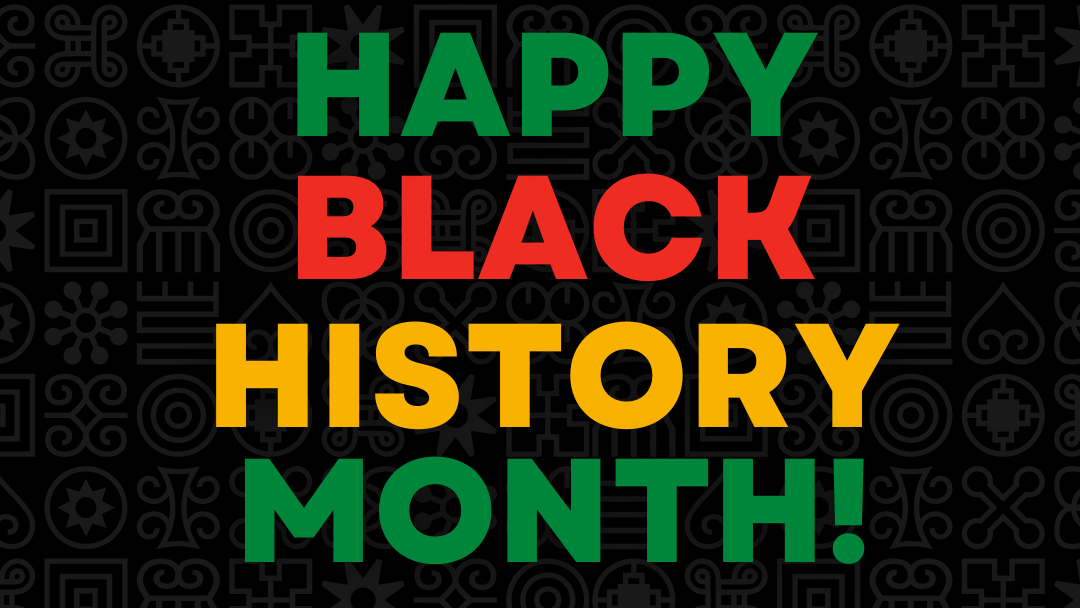
Since 1976, the USA has celebrated Black History Month every February as a way to honor the contributions, history, and culture of the African American experience in America. This yearly celebration originated decades earlier with Carter G. Woodson.
On Feb. 7, 1926, Carter G Woodson created the “Negro History Week” to encourage the teaching of Black history in schools. He chose February because the birthdays of the two most famous abolitionists of the time: Frederick Douglass and Abraham Lincoln! February 1 is also National Freedom Day, a day dedicated to the celebration of the ratification of the 13th Amendment, which finally abolished slavery in the US.
Woodson was born as a sharecropper in 1875 and grew up to become a teacher and the second African American to receive a doctorate from Harvard! He created the Association for the Study of African American Life and History in 1915 and would eventually be considered the “father of Black history.”
Over the next 20 years, schools in his home state of West Virginia would expand the week-long celebration to the entire month! By the 1960s the demand for Black history education grew throughout the country. The Black United Students of Kent State pushed for the idea of an officially recognized Black History Month in 1969. Fortunately, in 1976, the 200 year anniversary of the US, President Gerald Ford officially recognized Black History Month.
Black History Month also celebrates artistic contributions from African American culture. Historically, African Americans have had an enormous impact on today’s music. Gospel music, blues, jazz, R&B, and hip hop all originate from black artists, and each genre has had its influence on modern music and musicians of all ethnicities. Even rock n’ roll has its origins in blues and jazz, with some of the greatest rockstars being African American.
The simplest way to honor and celebrate this month is taking some time to learn a bit more about America’s Black history. Beyond that, you can support black artists, whether they’re musicians, actors, filmmakers, painters, etc., by buying or listening to their music. Or you can support local black businesses!
To learn more, check out this link with information on these Black films (shows, movies, and documentaries).